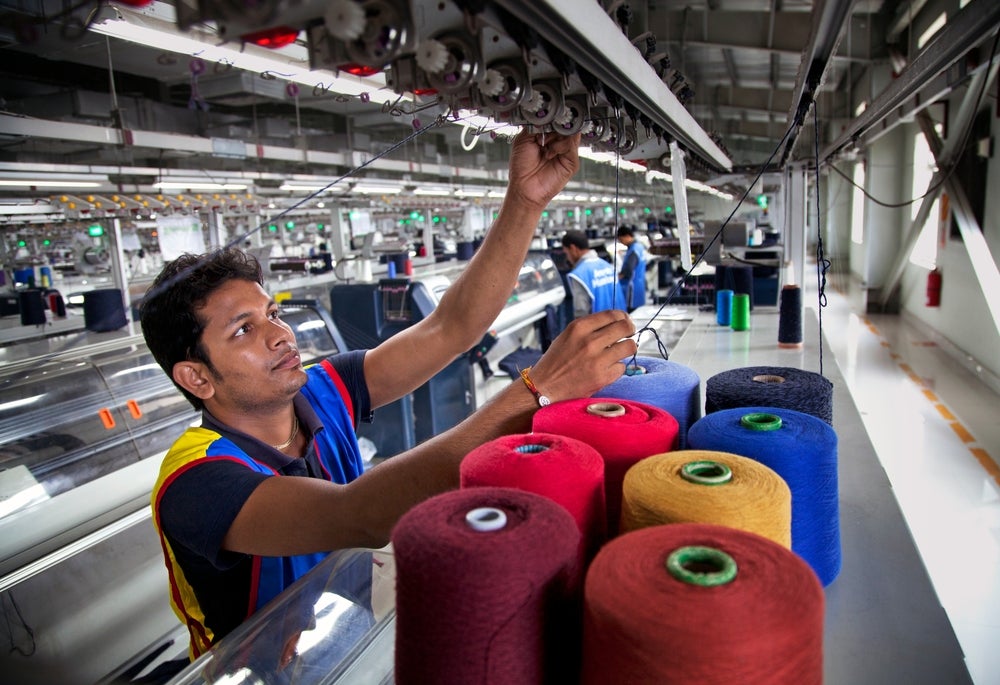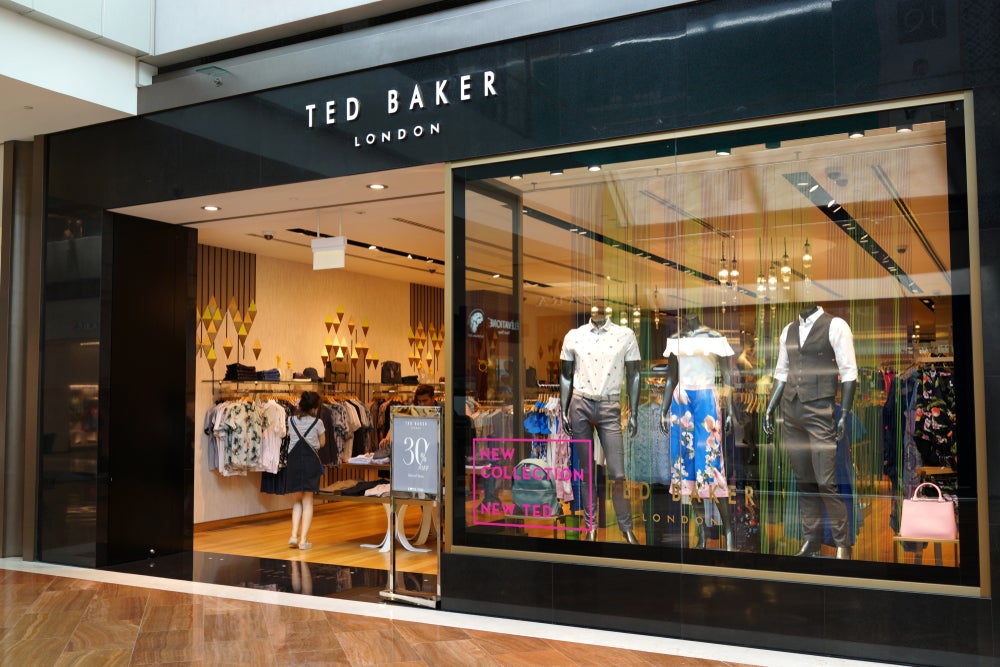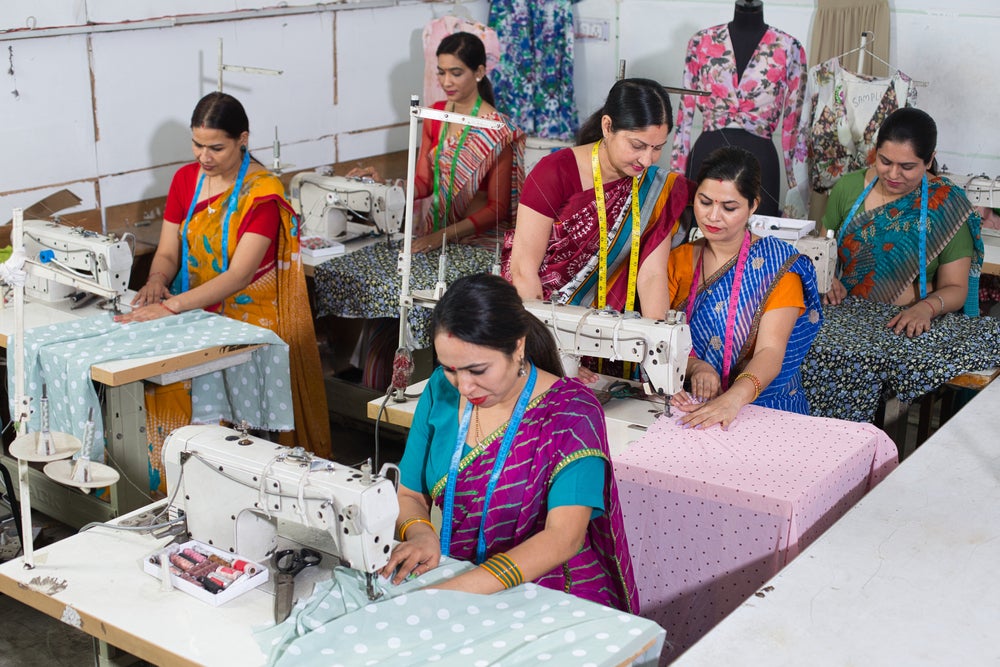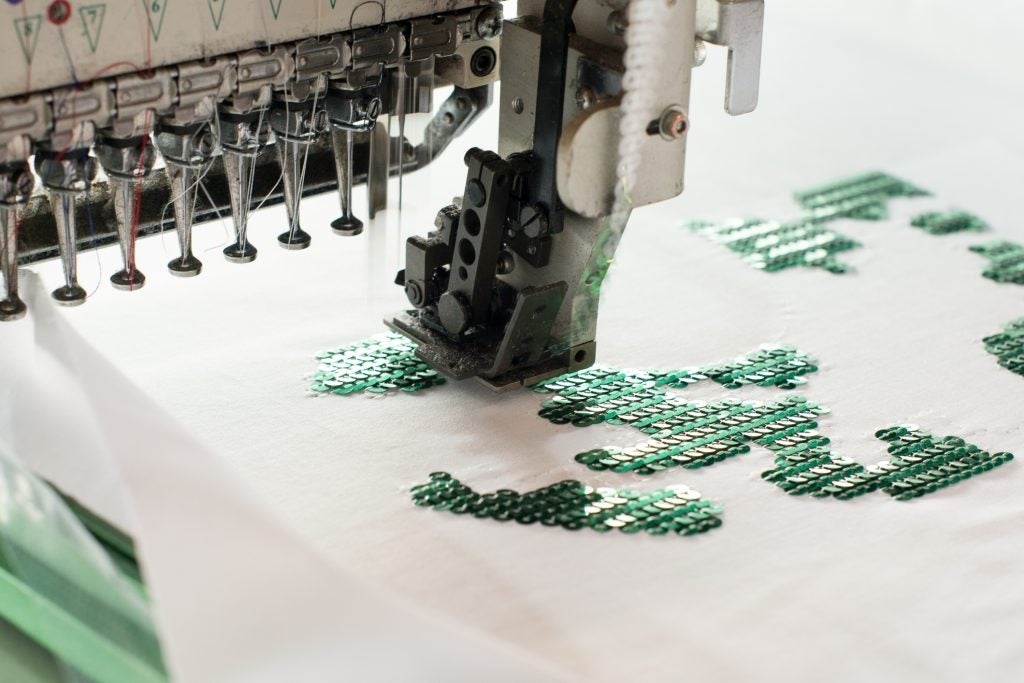Human Rights Watch analysed social audit reports of 40 apparel factories based in Bangladesh provided by a European apparel brand in 2018. It found that most failed to address the issue of freedom of association. Several cases also recycled language from other factories’ audit reports.
The organisation suggests the murder of union leader Shahidul Islam earlier this year showed the seriousness of these failings and recommended that brands rethink how they monitor workers’ rights in factories within their supply chains.
Islam was reportedly killed after after mediating on behalf of garment workers at a factory. Human Rights Watch claims the factory had previously been the subject of two social audits by third-party providers, however it says these reports are not usually published.
Human Rights Watch’s associated corporate accountability director Aruna Kashyap says: “Islam’s killing is a chilling reminder of the dangers facing independent labour union leaders. Brands and suppliers should not rely on social audits and certifications as they are woefully inadequate, particularly in preventing violence and harassment of workers seeking to form or join independent labour unions.”
Bangladesh Garment Manufacturers and Exporters Association (BGMEA) had not responded to Just Style's request for comment at the time of going to press.
Human Rights Watch has called for all social audit and certification reports to be made public in response. It also argues that social audits and similar certifications are “not the proper way to address issues around freedom of association and collective bargaining”.
It argues that apparel brands should instead support the creation of a “monitoring and grievance redress system” and work with independent unions and rights organisations operating in Bangladesh.
“Brands, audit firms, and audit and certification schemes tout audits and certifications as independent and credible,” Kashyap adds. “But where they are flawed or opaque in ways that put in doubt their independence and the credibility of information they generate, they cannot be used as tools for human rights due diligence.”
Social audits have previously been criticised for “spectacularly” failing to protect workers with a 2019 study claiming to reveal “corporate negligence” and a lack of accountability within the multi-billion social auditing industry.















